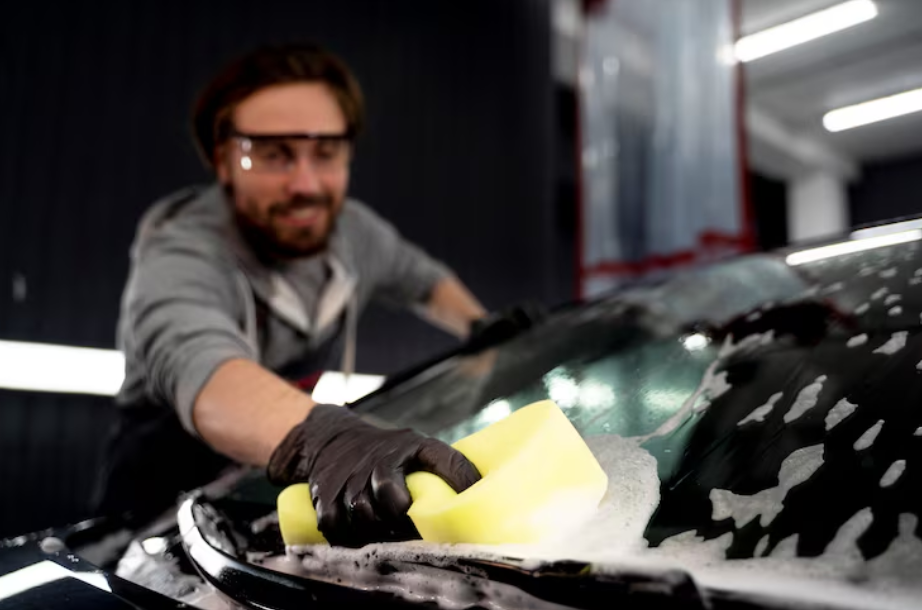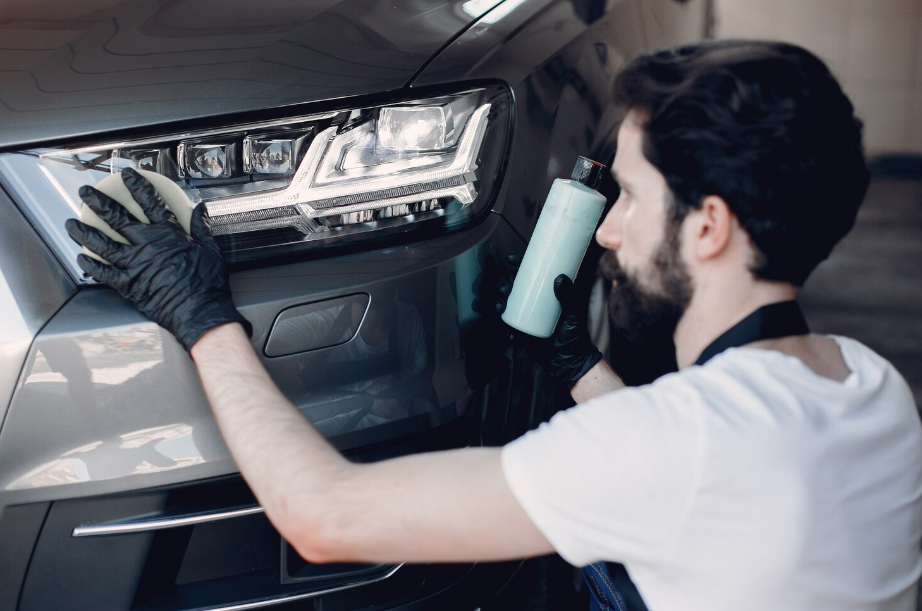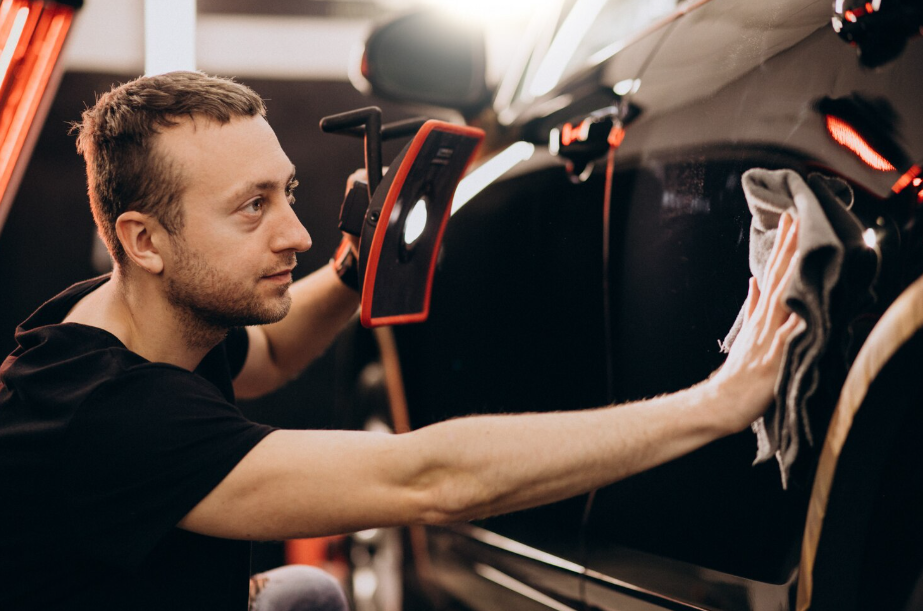How Long Will a Vinyl Wrap Last: What Affects Durability
Excellent mobile detailing services are often asked about vinyl wrap longevity, and for a good reason - understanding how long your wrap will last helps you plan for maintenance and budget for future needs. Vinyl wraps typically last between 3 to 7 years, but this range depends on many factors that affect how well the material holds up over time. From the quality of installation to environmental conditions and how you use your vehicle, each factor plays a role in determining the lifespan of your wrap. This guide breaks down the key factors that influence vinyl wrap durability so you can get the most out of your investment.
Environmental Factors
The environment in which you drive and park your vehicle has a significant impact on how long your vinyl wrap will last. Sunlight is one of the biggest threats to vinyl wraps because UV rays break down the material over time, causing colors to fade and the vinyl to become brittle and crack. Extreme temperatures also cause problems by making the vinyl expand and contract repeatedly, which can stress the material and cause it to lift at the edges or develop bubbles. High humidity can weaken the adhesive that holds the wrap to your car, while very dry conditions can cause the vinyl to become brittle. Salt air near oceans, industrial pollution, and even pollen can chemically attack the vinyl surface. If you live in an area with harsh weather conditions, expect your wrap to need replacement sooner than in milder climates.
Quality of Installation
The quality of your vinyl wrap's installation makes a significant difference in its longevity and appearance over time. Poor installation techniques can cause the wrap to fail quickly, with edges lifting, bubbles forming, or the material not sticking properly. Good installation starts with thorough surface preparation - the car must be completely clean and free of any dirt, wax, or contaminants that could interfere with adhesion. The installer must use the correct tools and techniques to prevent stretching the vinyl excessively or creating stress points that will fail later. Proper heating and post-installation care ensure the adhesive bond fully adheres to the surface. Professional installation costs more upfront but usually results in wraps that last much longer and look better throughout their lifespan.
Maintenance Practices
Taking good care of your vinyl wrap significantly extends its life and keeps it looking fresh. Here are the most important maintenance practices:
- Regular Cleaning: Wash your wrapped vehicle every few weeks using mild car soap and soft materials. Remove dirt, bird droppings, and other contaminants quickly before they can damage the vinyl surface.
- Avoid Harsh Products: Never use abrasive cleaners, strong solvents, or rough scrubbing materials that can scratch or chemically damage the vinyl's protective coating.
- Apply Protection: Use vinyl-specific sealants or protective coatings periodically to add an extra layer of defense against UV rays, pollution, and other environmental threats that cause premature aging.
Type of Vinyl Material
The quality and type of vinyl material used for your wrap directly affects how long it will last. Cast vinyl is the premium choice for vehicle wraps because it's thinner, more flexible, and conforms better to curved surfaces without creating stress points. This type of vinyl also has better color stability and resists fading much longer than cheaper alternatives. Calendered vinyl costs less but is thicker and less flexible, making it more likely to lift or fail on complex curves. When selecting vinyl, look for products from reputable manufacturers that offer warranties and have a proven track record. High-quality vinyl might cost more initially, but it lasts longer and looks better, making it a smart investment for most vehicle wrapping projects.
Usage Patterns
How you use your vehicle affects how long your vinyl wrap will last and how well it maintains its appearance:
- Driving Frequency: Cars driven daily are exposed to more UV rays, road debris, and weather conditions, which can gradually wear down vinyl wraps compared to vehicles used occasionally.
- Driving Style: Aggressive driving, characterized by rapid acceleration, hard braking, and sharp turns, puts extra stress on the wrap, particularly around edges and high-flex areas such as bumpers and wheel wells.
- Parking Habits: Vehicles regularly parked outdoors, especially in direct sunlight or polluted areas, experience faster deterioration of their wrap than those stored in garages or covered parking areas.
Other Related Topics:



-22.png)


